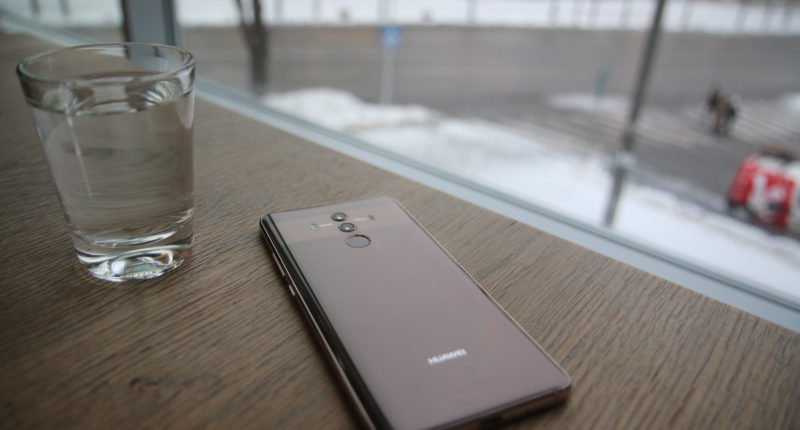As per reports, Chinese telecom behemoth Huawei which was earlier blacklisted in US, has now commenced conversations with some U.S. telecom companies for licensing its 5G network technology to them. These reports have come in from an executive in the company, and could be considered a bold move after the spying allegations that have been slapped down upon them by the United States.
As per reports from Reuters, Huawei senior vice president and a board member Vincent Pang said that the company is interested in building ties with some firms for both long term and short-term basis, without disclosing the name of the said companies. He declined to predict if any deal will actually be signed though.
He said;
“There are some companies talking to us, but it would take a long journey to really finalize everything. They have shown interest.
He further stated that the conversations are not very old and have just started a couple of weeks back.
Alleging that Huawei was spying for China, the US government has asked its allies to bar the company from 5G network, while the company has repeatedly denied such claims. However, the emergence of 5G technology has put an interesting turn on things considering that apart from Huawei, only Ericson and Nokia are in the capacity to provide 5G networks, but they are relatively very expensive.
This May, US blacklisted Huawei over the concerns of National security, preventing it from buying any US made part without a special license. The government further pushed the company under charges of bank fraud, violations of U.S. sanctions against Iran, and theft of trade secrets, paving a way to completely obliterate it from the US supply chain.
The idea of on and off tie-ups with various telecom companies was first raised by the company CEO and founder Ren Zhengfei in interviews with New York Times and The Economist last month. However, it was not confirmed if the companies of United States will be considered in this venture.
In response to this interview, a State Department official stated;
It’s just not realistic that carriers would take on this equipment and then manage all of the software and hardware themselves. If there are software bugs that are built in to the initial software, there would be no way to necessarily tell that those are there and they could be activated at any point, even if the software code is turned over to the mobile operators.
